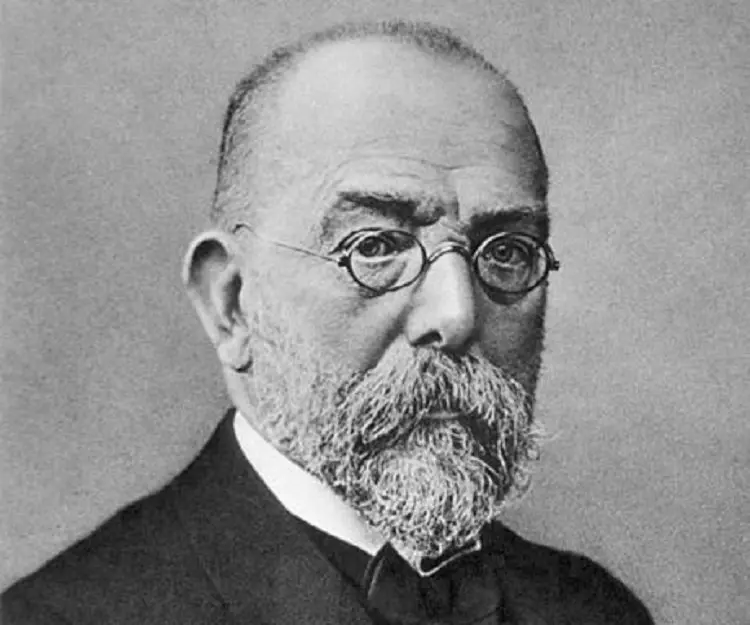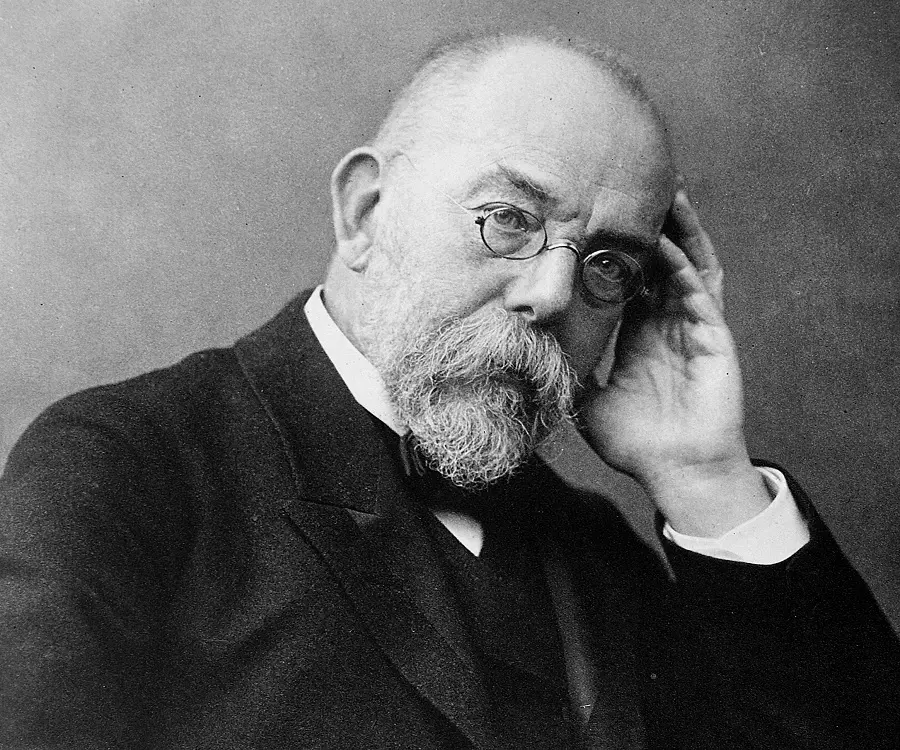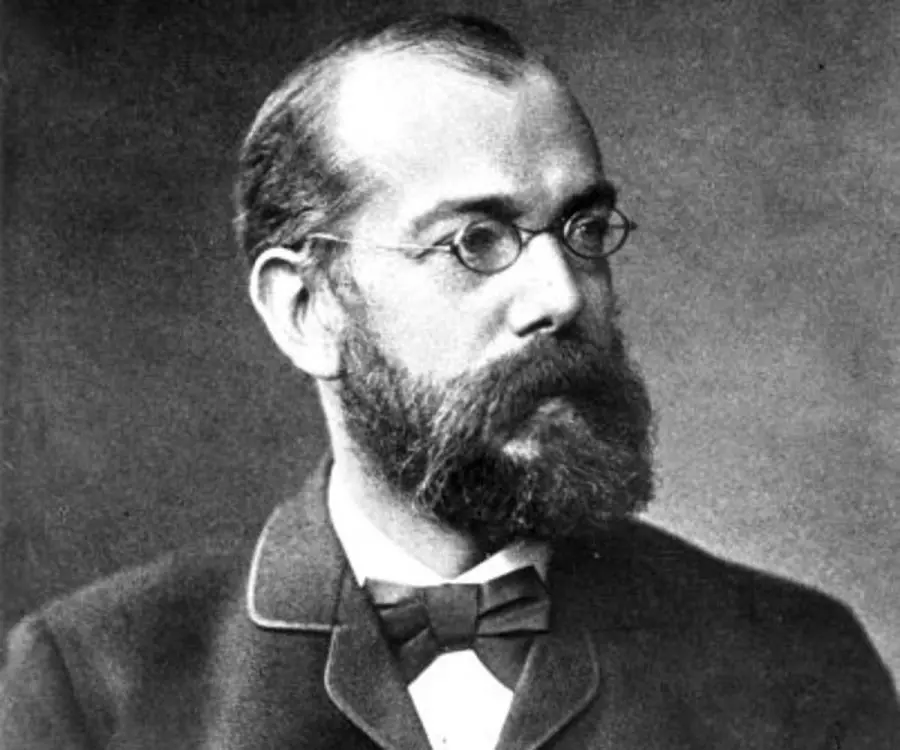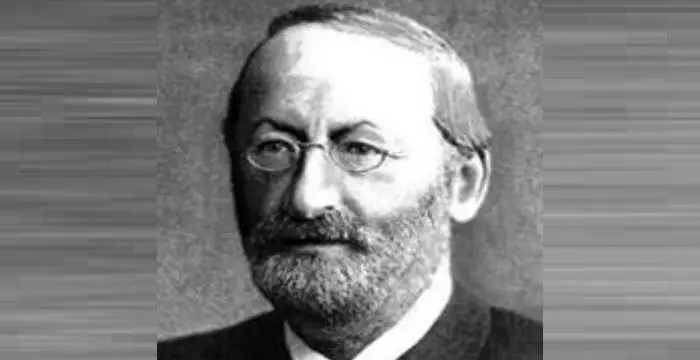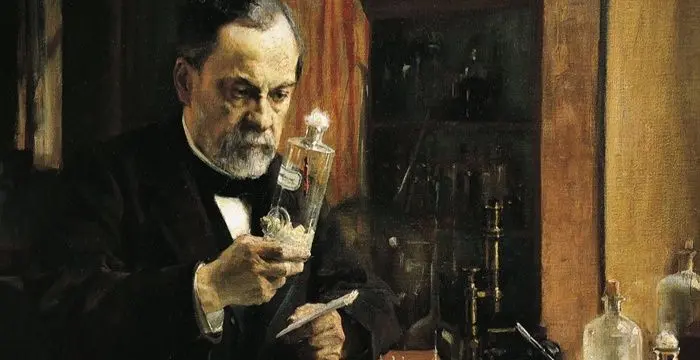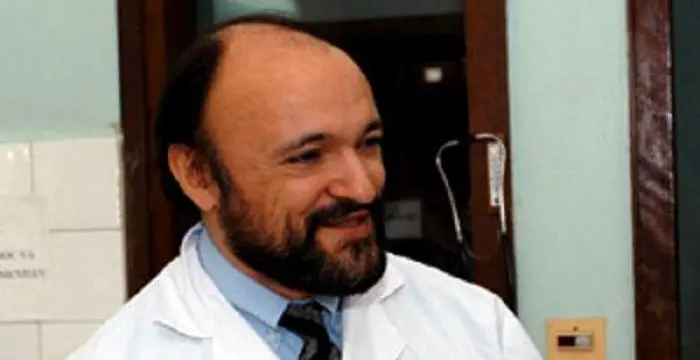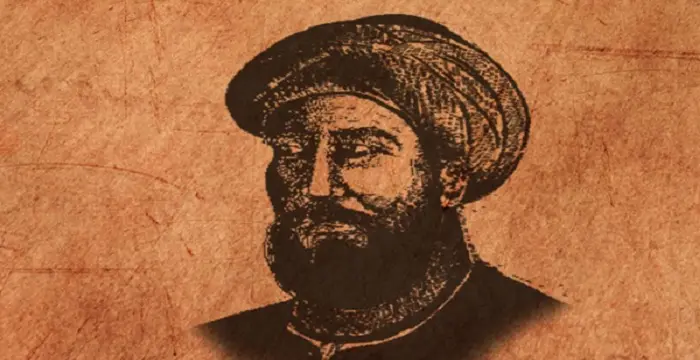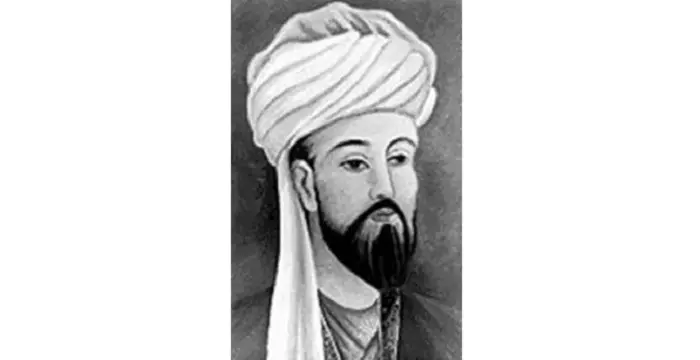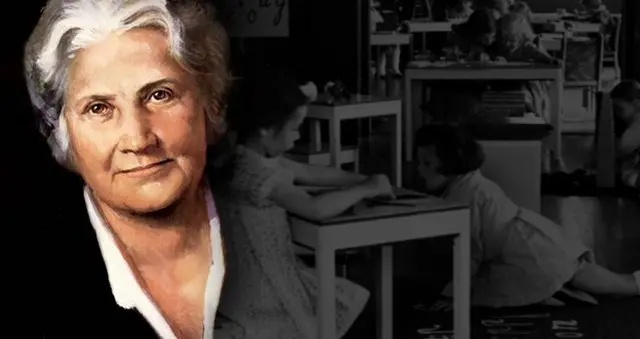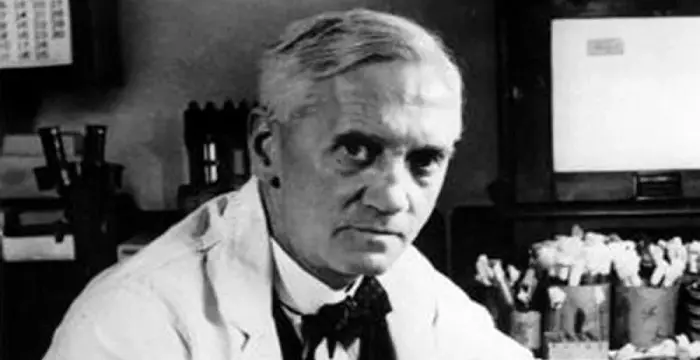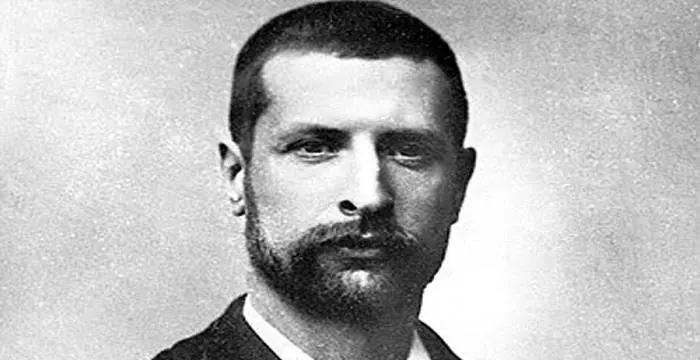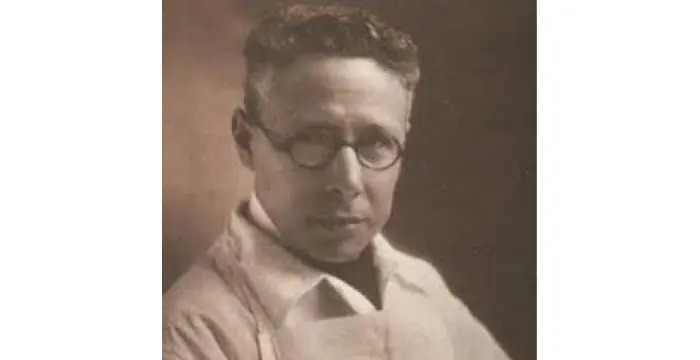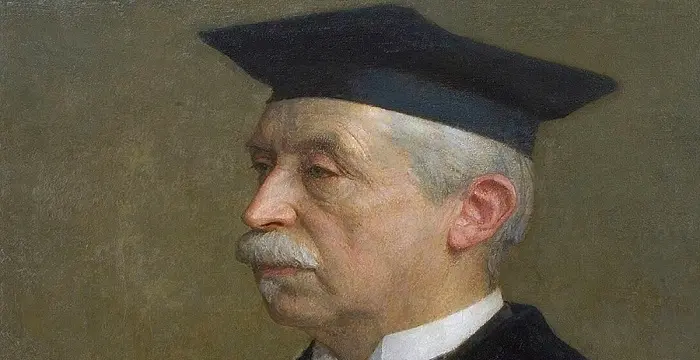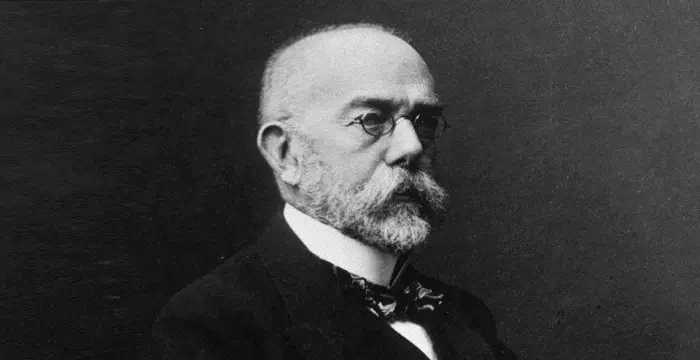
Robert Koch - Microbiologists, Family and Facts
Robert Koch's Personal Details
Robert Koch was a famous German microbiologist who identified the cause of various deadly diseases such as anthrax and cholera
| Information | Detail |
|---|---|
| Birthday | December 11, 1843 |
| Died on | May 27, 1910 |
| Nationality | German |
| Famous | Physicians, Scientists, Microbiologists, Bacteriologists |
| Known as | Heinrich Hermann Robert Koch, Dr. Robert Koch |
| Universities |
|
| Birth Place | Clausthal-Zellerfeld |
| Gender | Male |
| Sun Sign | Sagittarius |
| Born in | Clausthal-Zellerfeld |
| Famous as | Physician |
| Died at Age | 66 |
// Famous Scientists
Juliane Koepcke
Juliane Koepcke is a German-Peruvian biologist, who was the lone survivor among the 92 passengers and crew of the ill-fated LANSA Flight 508 that crashed in the Peruvian rainforest on 24 December 1971. Know more about her life in this biography.
Henry Cavendish
Henry Cavendish was a theoretical chemist and physicist, renowned for discovery of hydrogen and calculation of the mass of earth. To know more about his childhood, profile, timeline and career read on
Konstantin Tsiolkovsky
Konstantin Tsiolkovsky was a Russian rocket scientist and a pioneer of astronautics. This biography provides detailed information about his childhood, family, personal life, career, achievements, etc.
Robert Koch's photo
Who is Robert Koch?
Germany has produced plenty of path breaking scientific minds for centuries but one man who is counted among the greatest ever produced by the country is Robert Heinrich Herman Koch. Koch laid the foundation for the study of bacteriology in the modern age and helped in explaining the causes and possible cures of different bacterial diseases. He was a researcher par excellence and was responsible for carrying out unprecedented studies into such life threatening diseases like anthrax and tuberculosis among others. This erudite scientist was also instrumental in creating modern laboratories that would help researchers in this field in the best possible way. Koch was not only a scientist with an incredibly gifted mind but he was also a visionary and the number of awards and medals that he won throughout his distinguished life is a proof of the sort of contribution he made to the world of medical science. He was associated with only one University throughout his illustrious academic career and spent his whole life in Germany although he travelled extensively for research. Last but not the least it is also important to mention that Koch was also the doctoral advisor to many renowned scientists. Read on to know more about the life and works of this accomplished scientist
// Famous Microbiologists
Ferdinand Cohn
Ferdinand Cohn was a German biologist who is considered as the father of bacteriology and microbiology. Check out this biography to know about his childhood, life, achievements, works & timeline.
Louis Pasteur
Louis Pasteur was a French chemist and microbiologist who developed the first vaccines for rabies and anthrax. This biography of Louis Pasteur provides detailed information about his childhood, life, achievements, works & timeline.
Carlo Urbani
Italian epidemiologist Carlo Urbani was the first person who identified SARS as a highly contagious disease. Find out more about his life in this biography.
Childhood & Early Life
On December 11, 1843, Hermann Koch and Mathilde Julie Henriette Biewand gave birth to a child named Robert, in Clausthal near Hannover in Germany. Robert’s father Hermann was an engineer in the mining industry and his mother looked after the family.
Koch showed extraordinary learning capabilities as a child and learnt to read on his own by way of newspapers by the time he was only 5 years old. He showed remarkable gifts in the sciences and mathematics in school. In the year 1862, Robert Koch graduated high school.
Koch attended the ‘University of Gottingen’ as a student of medicine and during his time at the university he came into contact with Jacob Henle who had propounded that the cause of many diseases are parasites. He graduated from University in 1866 with an MD degree and also achieved the highest grades.
Right after graduating in the year 1866, he travelled to Berlin for a period of 6 months to hone his skills in chemistry. The very next year he joined the ‘General Hospital’ in Hamburg as physician. It was 2 years after joining the General Hospital that Koch successfully passed the District Medical Officers’ Examination.
Career
In the year 1870 Koch voluntarily enrolled in the Prussian Army in order contribute to the Franco-Prussian War and for 8 years he served as the District Medical Officer for the Army at Wollstein.
During his time working as the District Medical Officer he started with his experiments on how bacteria can cause anthrax and even though he used an extremely crude laboratory for his studies; he was successful. In the year 1876, the paper was published by the ‘Botanical Journal’ and his stellar work was recognised by the scientific community.
Robert Koch was finally discharged from the army in 1880 and was immediately appointed as a professor at the ‘University of Berlin’; where he finally got to work in a specialised laboratory after initially having to make do with an inadequate one.
In the year 1882, Koch successfully discovered the bacteria that caused the dreaded disease of tuberculosis and in fact he also demonstrated how the bacteria can be grown artificially. In the same year he published a paper with detailed findings of his research.
The eminent scientist had become an authority on bacterial diseases, including cholera, by the year 1883 and so when a cholera epidemic broke out in Egypt, he was sent to the African nation as the leader of the ‘German Cholera Commission’.
The ‘Institute of Hygiene’ at the ‘University of Berlin’ made him the Director and also gave him the designation of a professor in the year 1885. He worked as the director of the particular institution for 5 years and made remarkable progress in his field.
Koch was made the honorary Director and Professor at the ‘Institute of Infectious Diseases’ located in Berlin in the year 1891. It has during this time he made his important observations on the tuberculosis virus; however he would go on to contradict some of his views on bacteria in a conference in London ten years later.
Towards the end of his career he travelled to Africa and India in order to study the problems facing the populations as far as infectious diseases were concerned. Koch also successfully made vital observations on several diseases that used to be contracted by cattle in those regions.
Major Works
Robert Koch is one of the most important figures in the history of the world due to his staggering work in the field of bacteriology. His contributions towards finding the causes of life threatening diseases like anthrax, cholera and tuberculosis marks the highlight of his illustrious career.
Awards & Achievements
In the year 1897, the eminent scientist was made a Fellow of the ‘Royal Society of London’, which is regarded as one of the most prestigious scientific societies in the world.
In 1905, the eminent bacteriologist was honoured with the Nobel Prize in Medicine.
Personal Life & Legacy
Robert Koch got married to Emma Fratz in the year 1866 at the age of 23. The couple had a daughter named Gertrud but the marriage culminated in a divorce.
After seoarating from Emma in 1893, Koch exchanged the nuptial vows with the actress Hedwig Freiberg.
At the age of only 66, this erudite scientist passed away on May 27, 1910, in Baden-Baden, of a heart ailment.
// Famous Physicians
Al-Zahrawi
Al-Zahrawi, was an illustrious medieval Arab Muslim physician and surgeon. Check out this biography to know about his childhood, family life, achievements and interesting facts about him.
Jabir Ibn Hayyan
Jabir Ibn Hayyan was a medieval era polymath. Check out this biography to know about his life, works and achievements.
Maria Montessori
Maria Montessori was a physician and educator who developed the approach of Montessori education. This biography of Maria Montessori provides detailed information about her childhood, life, achievements, works & timeline.
Robert Koch's awards
| Year | Name | Award |
|---|---|---|
Other | ||
| 0 | Nobel Prize in Physiology or Medicine | |
Robert Koch biography timelines
- // 11th Dec 1843On December 11, 1843, Hermann Koch and Mathilde Julie Henriette Biewand gave birth to a child named Robert, in Clausthal near Hannover in Germany. Robert’s father Hermann was an engineer in the mining industry and his mother looked after the family.
- // 1862Koch showed extraordinary learning capabilities as a child and learnt to read on his own by way of newspapers by the time he was only 5 years old. He showed remarkable gifts in the sciences and mathematics in school. In the year 1862, Robert Koch graduated high school.
- // 1866Koch attended the ‘University of Gottingen’ as a student of medicine and during his time at the university he came into contact with Jacob Henle who had propounded that the cause of many diseases are parasites. He graduated from University in 1866 with an MD degree and also achieved the highest grades.
- // 1866Right after graduating in the year 1866, he travelled to Berlin for a period of 6 months to hone his skills in chemistry. The very next year he joined the ‘General Hospital’ in Hamburg as physician. It was 2 years after joining the General Hospital that Koch successfully passed the District Medical Officers’ Examination.
- // 1866Robert Koch got married to Emma Fratz in the year 1866 at the age of 23. The couple had a daughter named Gertrud but the marriage culminated in a divorce.
- // 1870In the year 1870 Koch voluntarily enrolled in the Prussian Army in order contribute to the Franco-Prussian War and for 8 years he served as the District Medical Officer for the Army at Wollstein.
- // 1876During his time working as the District Medical Officer he started with his experiments on how bacteria can cause anthrax and even though he used an extremely crude laboratory for his studies; he was successful. In the year 1876, the paper was published by the ‘Botanical Journal’ and his stellar work was recognised by the scientific community.
- // 1880Robert Koch was finally discharged from the army in 1880 and was immediately appointed as a professor at the ‘University of Berlin’; where he finally got to work in a specialised laboratory after initially having to make do with an inadequate one.
- // 1882In the year 1882, Koch successfully discovered the bacteria that caused the dreaded disease of tuberculosis and in fact he also demonstrated how the bacteria can be grown artificially. In the same year he published a paper with detailed findings of his research.
- // 1883The eminent scientist had become an authority on bacterial diseases, including cholera, by the year 1883 and so when a cholera epidemic broke out in Egypt, he was sent to the African nation as the leader of the ‘German Cholera Commission’.
- // 1885The ‘Institute of Hygiene’ at the ‘University of Berlin’ made him the Director and also gave him the designation of a professor in the year 1885. He worked as the director of the particular institution for 5 years and made remarkable progress in his field.
- // 1891Koch was made the honorary Director and Professor at the ‘Institute of Infectious Diseases’ located in Berlin in the year 1891. It has during this time he made his important observations on the tuberculosis virus; however he would go on to contradict some of his views on bacteria in a conference in London ten years later.
- // 1893After seoarating from Emma in 1893, Koch exchanged the nuptial vows with the actress Hedwig Freiberg.
- // 1897In the year 1897, the eminent scientist was made a Fellow of the ‘Royal Society of London’, which is regarded as one of the most prestigious scientific societies in the world.
- // 1905In 1905, the eminent bacteriologist was honoured with the Nobel Prize in Medicine.
- // 27th May 1910At the age of only 66, this erudite scientist passed away on May 27, 1910, in Baden-Baden, of a heart ailment.
// Famous Bacteriologists
Alexander Fleming
Alexander Fleming was a Scottish biologist and pharmacologist who discovered enzyme lysozyme and antibiotic penicillin. This biography of Alexander Fleming profiles his childhood, life, research, discoveries, achievements and timeline.
Ferdinand Cohn
Ferdinand Cohn was a German biologist who is considered as the father of bacteriology and microbiology. Check out this biography to know about his childhood, life, achievements, works & timeline.
Louis Pasteur
Louis Pasteur was a French chemist and microbiologist who developed the first vaccines for rabies and anthrax. This biography of Louis Pasteur provides detailed information about his childhood, life, achievements, works & timeline.
Alexandre Yersin
Alexandre Émile John Yersin, popularly known as Alexandre Yersin was a Franco-Swiss bacteriologist and physician. This biography provides detailed information about his childhood, life, research, achievements and timeline.
Salvador Mazza
Salvador Mazza was an eminent Argentinean physician and epidemiologist. Check out for more on Dr. Salvador Mazza’s childhood, life and timeline in this biography.
Christiaan Eijkman
Christiaan Eijkman was a Dutch physician, who is known for his work on the disease beriberi. Check out this biography to know about his childhood, family life, achievements and other facts related to his life.
Robert Koch's FAQ
What is Robert Koch birthday?
Robert Koch was born at 1843-12-11
When was Robert Koch died?
Robert Koch was died at 1910-05-27
Where was Robert Koch died?
Robert Koch was died in Baden-Baden
Which age was Robert Koch died?
Robert Koch was died at age 66
Where is Robert Koch's birth place?
Robert Koch was born in Clausthal-Zellerfeld
What is Robert Koch nationalities?
Robert Koch's nationalities is German
What was Robert Koch universities?
Robert Koch studied at University of Göttingen
What is Robert Koch's sun sign?
Robert Koch is Sagittarius
How famous is Robert Koch?
Robert Koch is famouse as Physician



